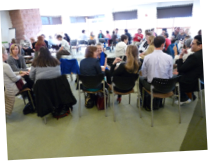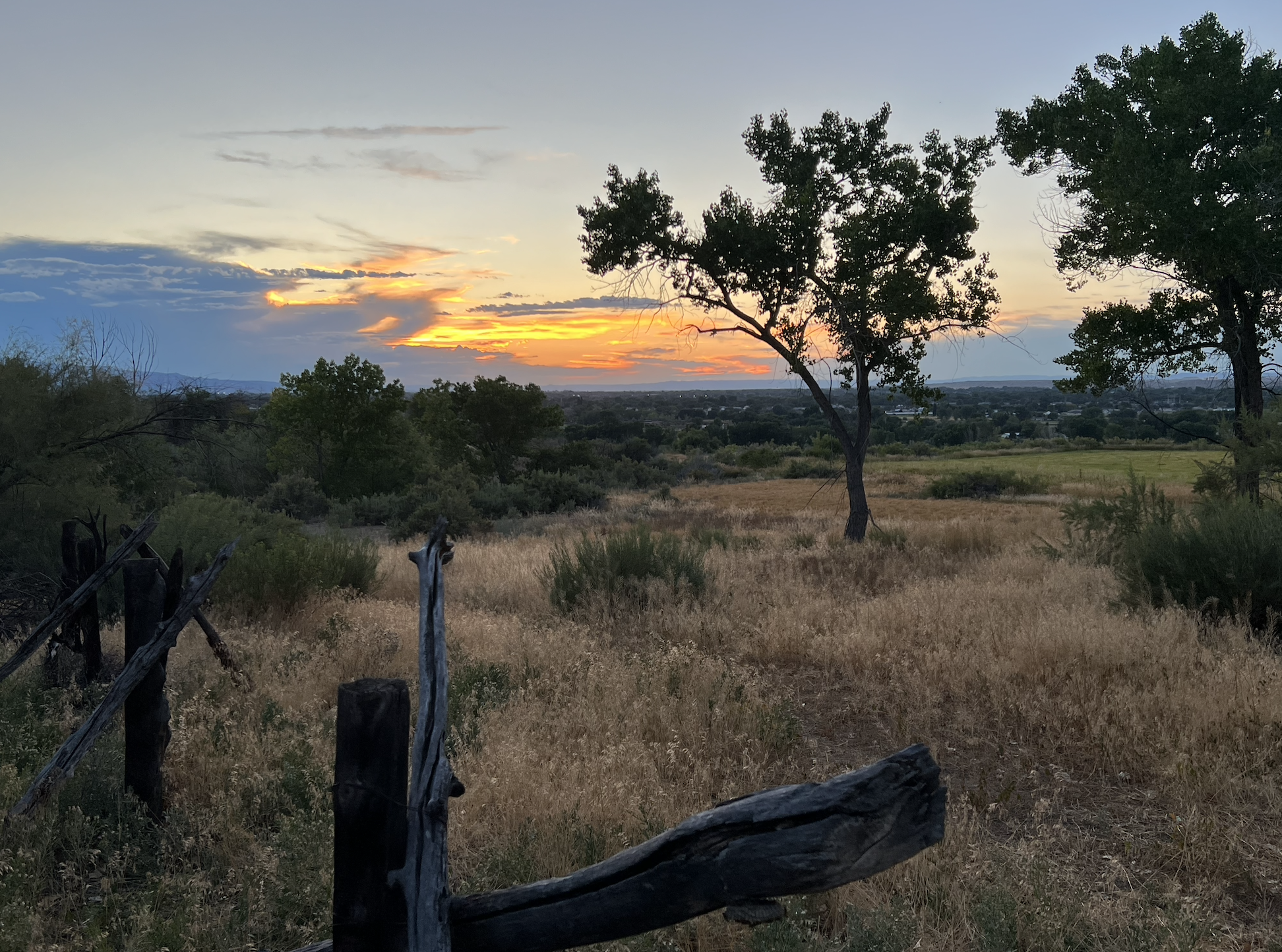Last week I cohosted an event in Salt Lake City, The Discipline of Community: Perspectives and Practices to Restore Who We Are and How We Are Together. It featured Margaret Wheatley, long-time friend and colleague, and Peter Block, new friend that I’ve found inspiring for many years. Together we hosted 70 community leaders in a day together. To listen. To engage each other in conversation. To notice friends and allies in shared work in this local region. To begin to imagine added practices of being community. To see in community what we can d o in local, small groups to support an evolution of healthy humaneness together.
o in local, small groups to support an evolution of healthy humaneness together.
The premise of this gathering was that although there is much yearning for community in most people, it takes discipline and essential practice to realize or reify it.
I appreciated these words from Meg, inviting us to create “islands of sanity” together. She offered an image of contemporary life being like a centrifugal spinner that separates us from one another. The tyranny of speed and competition tend to do this. Yet ironically, these are times when we most need to be together.
Meg also offered several perspectives — many of which I could hear as practices for creating community:
-knowing that our desire to think and be together is biological
-supporting and building trust in one another (my friend Tim Merry recently shared this in a question he uses with teams — “What am I willing to let go of to be in the truth of the work itself and relationships of trust with others?”)
-accepting that humans want to be generous and caring with one another
-suffering comes from NOT paying attention to what is emerging between people (it’s a voice I’ve heard in Meg over the years inviting a shift from command and control leadership to working to support conditions for emergence)
Peter offered several protocols that he is learning about and practicing:
-welcome the stranger (be with people you don’t know)
-every way of describing what is happening is fiction (I very much relate to this; it is a deep understanding of the perceptions that we inhabit as objective declaration of what the world is)
-don’t be helpful (it was a welcome to stay in the uncertainty that evolves our experience together)
-confronting people with their gifts (a beautiful practice of generosity, and of receiving from others)
I offered an experiential exercise I created recently to help people feel the difference between what is simple, complicated, complex, and chaotic. So often it seems that we in community work, particularly under duress, try to impose a simplicity that dishonors the truth of the work in its complexity.
A key exercise in practice was to have participants in teams pick one of three questions to explore together:
1)Explore a recent action or decision that reveals your belief about human goodness.
2)What are the ways that you are staying awake together?
3)How are you adding to your capacity to dwell in complexity?
If the intent is to create, build, or sustain community, these are the kinds of questions that make for most helpful staff and board meetings. I love them as capacity questions — building capacity to do well the things that people care about.
The last part of the day was a brief touch on interest groups in the area. So that we could meet again. So that people could see one another if they haven’t already. So that people could know their neighbors, those interested and committed to similar work. So that participants could see some of the friends and colleagues that they might get started with.
-air quality in the valley
-self-sustaining communities and transitioning from fossil fuels
-preserving species and animals
-diversity as strength
-healthcare and healing
-rap music and working with youth
-raising children
-grieving and healing
-finding joy in the life you lead
-reclaiming faith groups as communities of practice
Overall it was a very helpful day. Good for enabling further work together that supports the essential work of community that we are up to in this valley. Gratitude to Meg, Peter, and all that showed up to be in learning and connection together.
